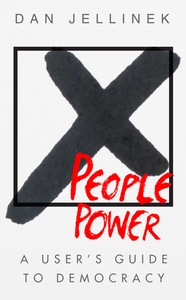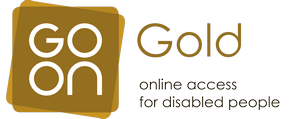- Home |
- Publishing |
- Events |
- Research |
- Register
» Home / Latest News / Publishing news / “Parliamentary Metadata Language” Could Transform Political Research
“Parliamentary Metadata Language” Could Transform Political Research
Publishing news published: Wednesday 6th March 2013
A project to create a standard way of formatting data on Parliamentary proceedings could open up major new areas of democratic research, the programme’s leader has said.
In January, the one-year project to prove the concept came to an end with a London workshop. As well as House of Commons data, the trial - run by a consortium of academic and Parliamentary bodies including Queen's University and the National Library of Wales - included historical records and papers from the Northern Ireland Parliament (Stormont Parliament) between 1924 and 1974, a precursor to the current Northern Ireland Assembly.
"There are lots of sites with Parliamentary data around but the trouble is, they don't really talk to each other", Richard Gartner, lecturer in Library and Information Science at King's College London and Principal Investigator for LIPARM, told the workshop.
"They all have different ways of dealing with metadata, particularly when it comes to naming people and things."
Gartner cited the example of Sir James Craig, Prime Minister of Northern Ireland from 1921-40, who was referred to at various times in official records as Lieutenant Colonel James Craig; Captain Craig; Colonel Craig; Sir James Craig; and Viscount Craigavon. Parliamentary Acts and bills can also be named differently in different places, and even the same sessions of Parliament can be named differently by different records, he said.
PML solves this problem by making sure every use of it includes only recognised unique identifiers in seven core areas including names; political job titles; and types of proceedings. Once in wider use, a standard record could be used as a powerful analytical tool, Gartner said. "It would undoubtedly spark off new areas of scholarship which are not possible at the moment."
Potential uses include tracking a politician's career across different terms of office and different institutions, including speeches, votes and committee work; and analysing legislative activity over long periods of time by subject, such as agriculture.
PML could also be used to index and cross-link other resources such as Parliamentary history books; newspaper reports; political biographical material; multimedia materials from organisations such as the BBC; image databases and court papers, he said, adding new possible layers of research.
However, to progress the standard will need to be adopted by the legislatures in Westminster and in Wales, Scotland and Northern Ireland, Gartner said. Funding is also being sought for follow-on projects analysing the language's potential with examples, and looking at its scope for possible expansion to House of Lords papers, local government records or legislatures in other countries.
The LIPARM website, including a copy of the PML schema and sample records, is at:
http://liparm.cerch.kcl.ac.uk .
NOTE: Article originally published in E-Government Bulletin issue 351. Click here to visit issue 351 index.
Or to register for the free email newsletter E-Government Bulletin and receive more stories like this to your inbox fortnightly, click here.







